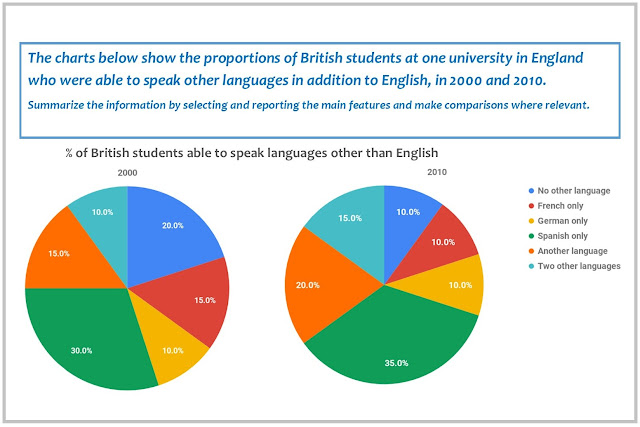Teaching Russian from scratch: my proudest achievement
I am a teacher of English as a foreign language, but last year, thanks to the 🔹🔹🔹 program, I got an incredible opportunity to teach Russian as a foreign language at the University of New Haven (CT, USA). In this post, I want to share a tiny portion of this experience.
When you win a 🔹🔹🔹 grant, you don’t get to choose your host institution or your duties there. The only thing you can do is accept or decline the grant offer (but why on earth would you do that?). I got an offer from the University of New Haven and happily accepted. According to my terms of appointment, I was going to be a primary teacher for beginner level students.
Truth be told, teaching beginners was the last thing I wanted to do. In my defense, I just didn’t know how rewarding it would be because I had never taught beginners in my entire life. Anyway, I went through with it and I don’t regret it for a minute.
When I say beginners, I mean absolute beginners - people who literally knew zero Russian. In the first semester, we worked on the basics, like the Cyrillic alphabet, pronunciation, noun cases and verb conjugation. The second semester was when I started doing what I enjoy most - develop my students’ speaking skills.
We actually started working on speaking several weeks into the semester, but speaking basically went like this, “What is it? - It’s a cat.” or “Where do you live? - I live in West Haven.” These and similar questions were introduced in the course book we followed. Answering these questions, while admittedly necessary, wasn’t particularly exciting because the answers were so obvious and predictable. My aim was to engage the students in more natural, relevant, and meaningful conversations. In pursuing this aim, I discovered that Russian is an incredibly difficult language to learn. Just kidding. I discovered that I could get by with very little grammar or vocabulary. And I didn’t need a lot of time either. My class started at 8 am. The time slot between 7:55 and 8:05 was enough.
Achieving my aim was simple. All I did was ask questions, consistently and relentlessly, five minutes before and after the beginning of every single class. That’s it. No more, no less.
We started from "Как дела?” (How are you?) which, fortunately, is a very simple question in Russian. The students already knew two ways to answer this question, “Хорошо.” (Good / Fine.) and “Отлично.” (Excellent.) because I had been using these words to comment on their performance since the very beginning of the school year.
Little by little, I added more questions and answers basing them on the material covered in the book but making them more relevant. For example, the book introduced the conjugation of “хотеть” (to want) and used such examples as "I want to study Russian. / I want to live in Moscow.” I thought to myself, “How relevant are these sentences if they are already studying Russian and have never been to Moscow?” and added the following to my morning QA session, “Do you want to sleep?” - “Yes, I want to sleep,” which sounds very relevant in the morning, doesn’t it?
As a result, my students could have a conversation that went something like this:
1 Some phrases might sound awkward in English because I am giving direct translation.
2 Some phrases might look complicated in English but aren’t in Russian due to differences in grammar.
If you think about it, this is a conversation you might actually have with your friend at the beginning of the day. I went through these questions at the beginning of every class, so the students got used to them and answered effortlessly. And the beauty part is the students enjoyed the freedom to vary their answers depending on the circumstances of the day, which made the conversations truly meaningful.
I consider these short conversations to be my proudest achievement in teaching Russian in one year. Helping students get there from scratch gave me the satisfaction that advanced groups don’t.





Comments
Post a Comment